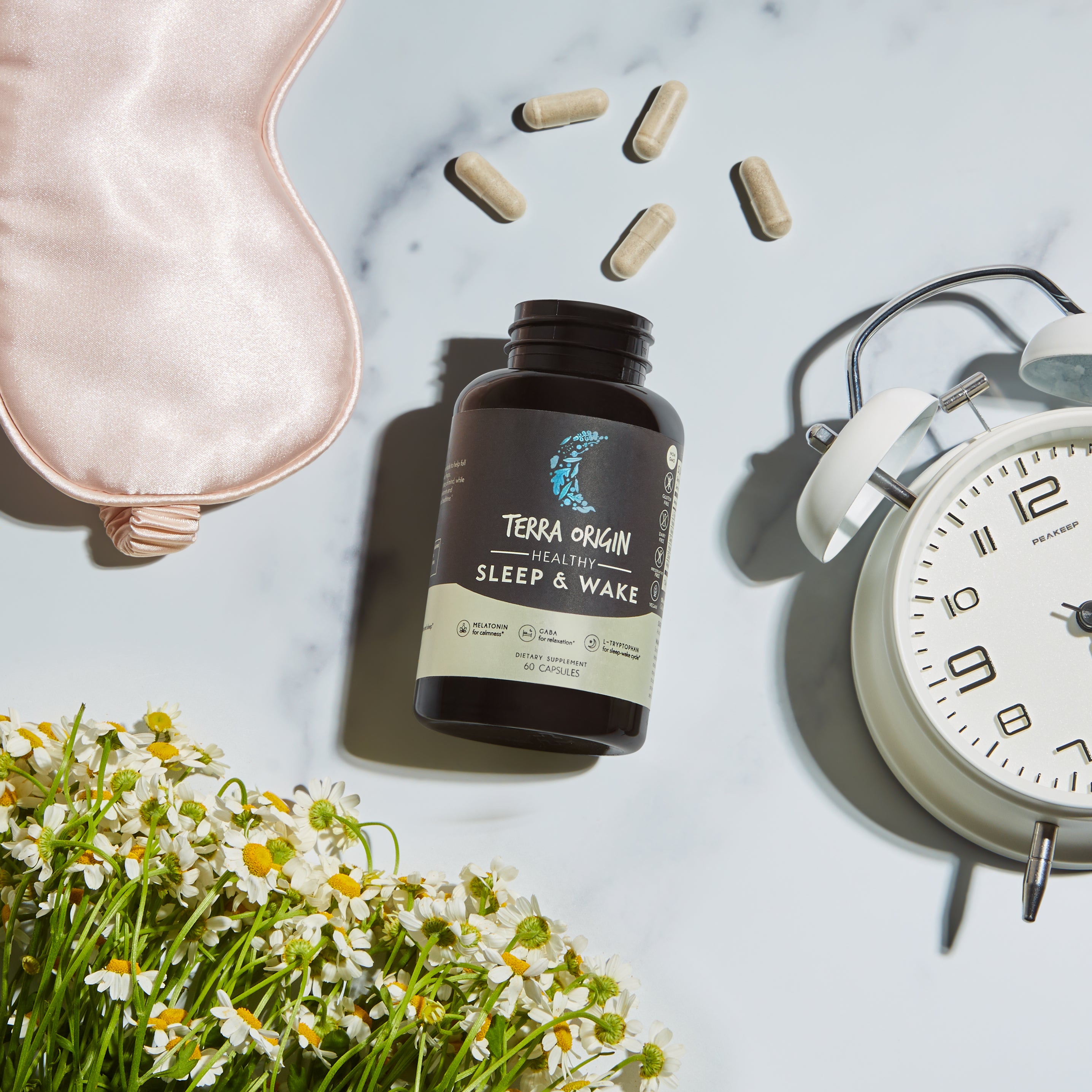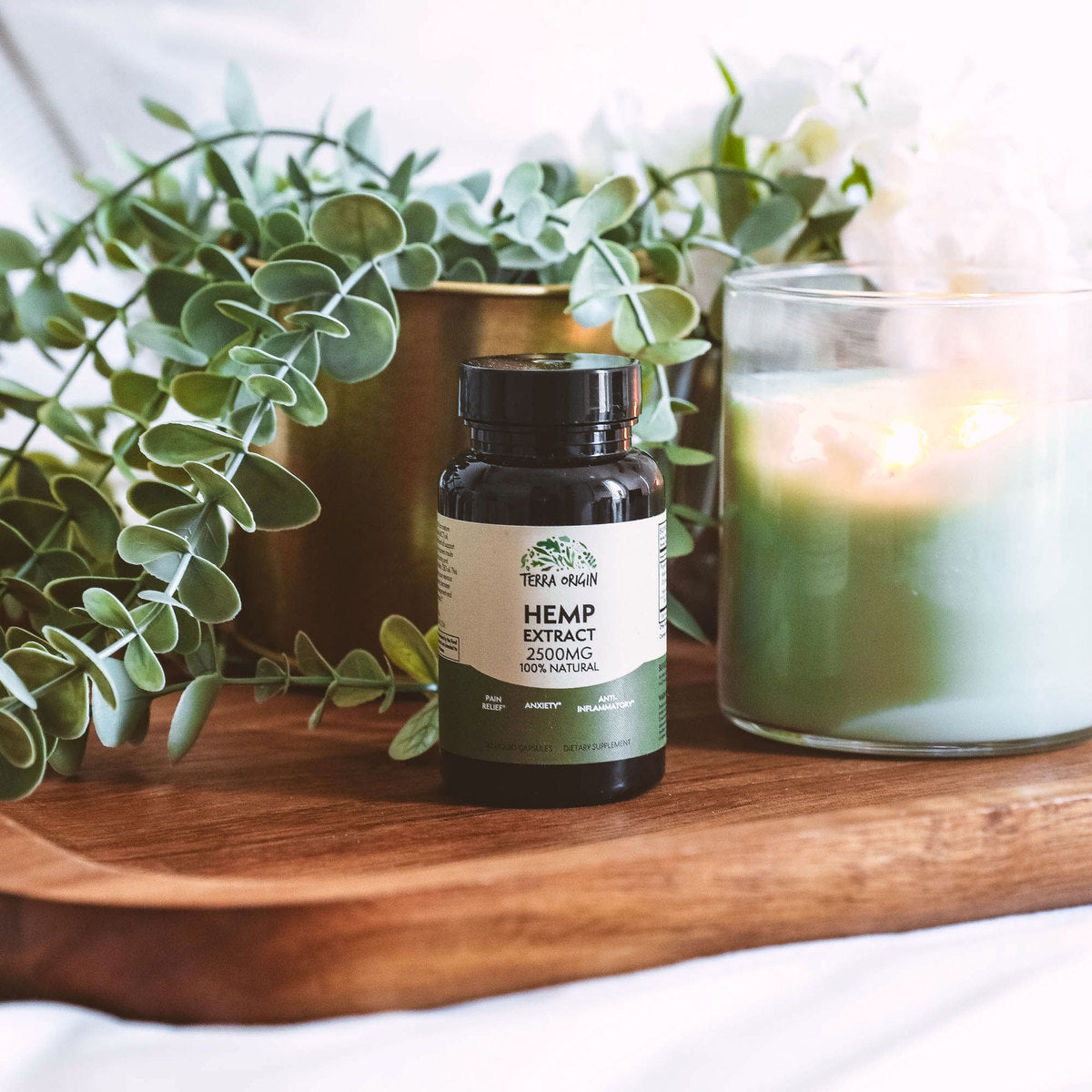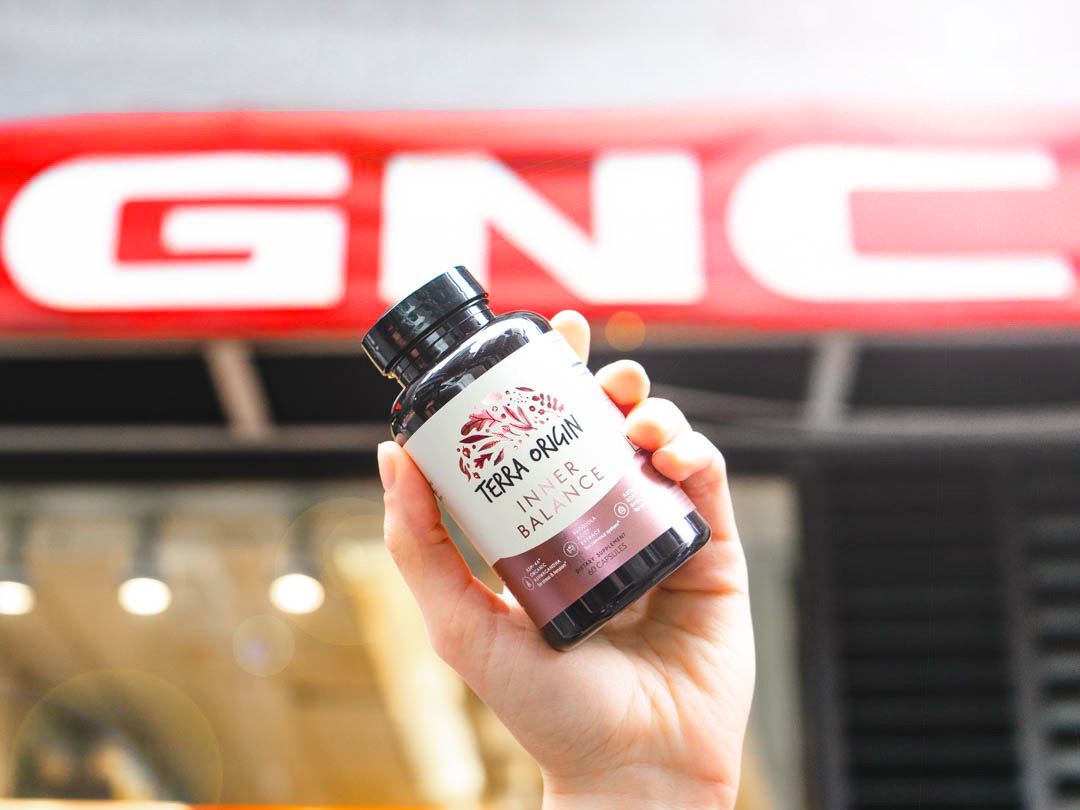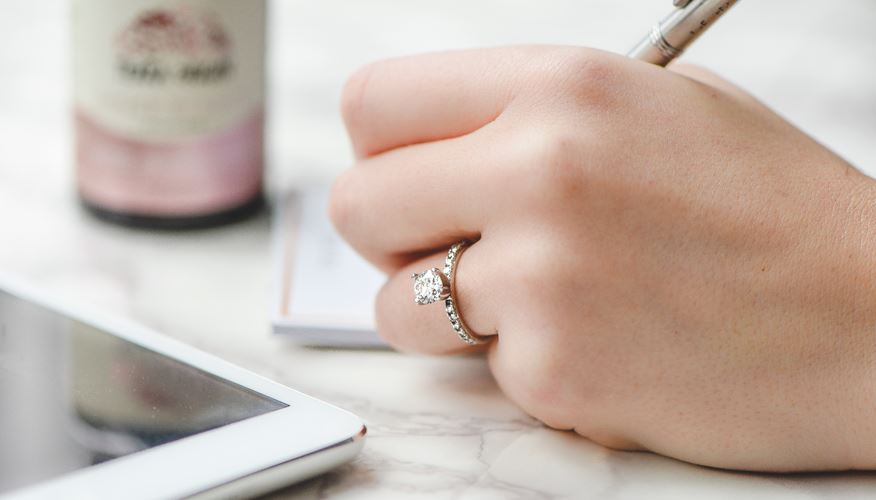
Natural Ways to Manage Stress and Improve Sleep
Stress and sleeplessness often go hand in hand, creating a cycle that affects both our mental and physical well-being. Fortunately, there are natural ways to reduce stress naturally, improve your sleep, and reclaim your peace of mind. With our Healthy Stress Relief, Sleep, and Healthy Sleep and Wake supplements, you can break that cycle and start feeling more relaxed and rested.
Continue reading

What is the Difference Between Hemp Oil, Hemp Extract, and CBD?
Hemp-derived supplements offer many health benefits, but unbeknownst to many have almost nothing in common with marajuana.
Continue reading

Hemp Extract, Hemp Oil and CBD - What's the Difference and Which is Better for You?
There’s been almost a perfect storm created by the legalization of marijuana in many states alongside the fast rise of hemp-based health products. When you see CBD advertised at the gas station, you know it’s reached the mainstream. But how many people really understand what these products are, let alone how they can improve your health? You may be surprised to learn about the proven health benefits of many hemp-derived supplements—and that they have almost nothing in common with the drug most commonly associated with the cannabis plant.
Continue reading

Don’t Let a Horrible Boss Destroy You (Like I Almost Did)
A horrible boss. At some point in our lives, we will all have at least one.
In my seemin...
Continue reading

Best Ways to Benefit from CBD
CBD is everywhere these days—in products from supplements to sparkling water to shampoo. Wh...
Continue reading

Inner Balance at GNC
Terra Origin is always working to make your favorite products as accessible as possible. For thi...
Continue reading

Your Wedding Day Health and Beauty Checklist
As we enter March and spring time is around the corner, your special day is getting closer. You h...
Continue reading

How to be a Morning Person
For those who naturally open their eyes before the sun peaks over the horizon, we applaud you, an...
Continue reading

What You Can do Now to Protect Your Mind
There is a random question on many personality exams that asks if you prefer an ailing body with ...
Continue reading

